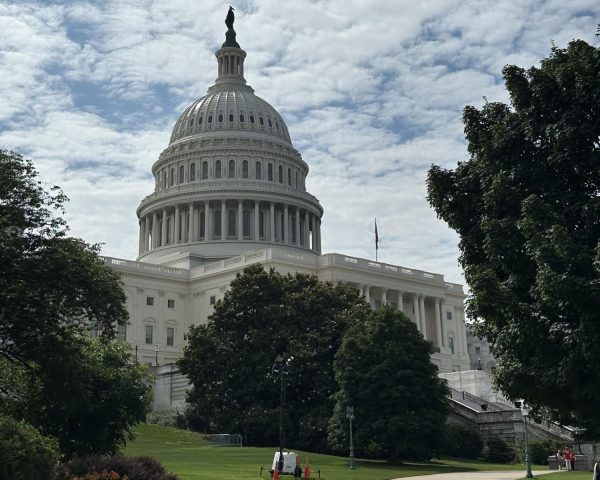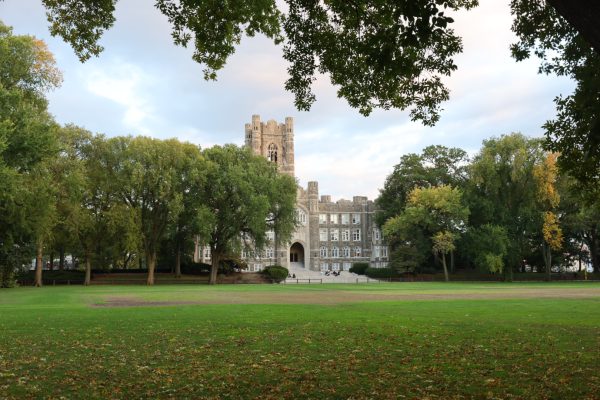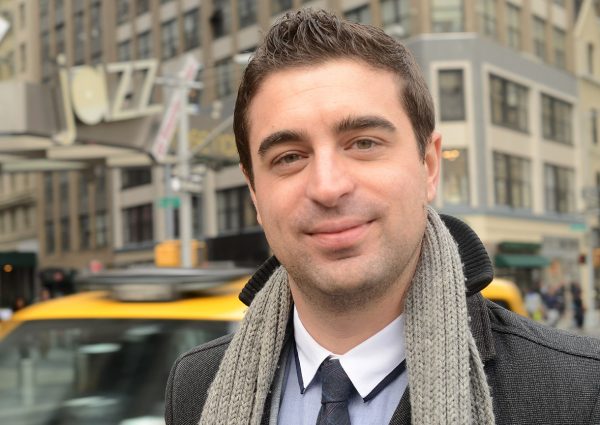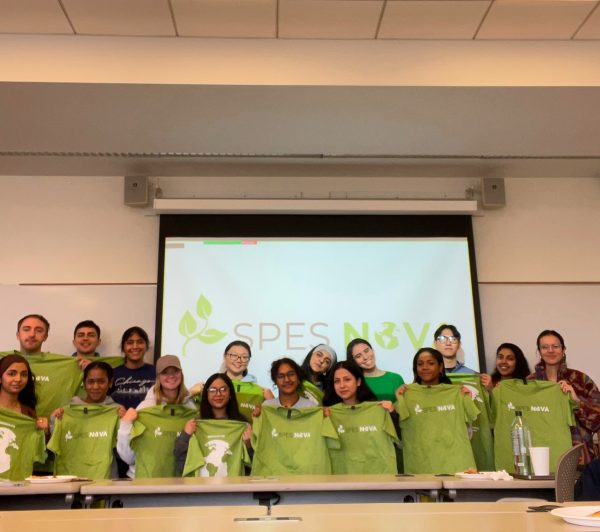Fordham Launches New Advising Center
Fordham’s new advising structure is based on the results on a survey sent to the student body last semester.
After years of planning, research and focus groups, the Task Force on Undergraduate Academic Advising has launched the Fordham College Advising Center to replace an advising system that had specifically assigned advisors to grade-level.
The class of 2026 is the first class of students directly affected by the decision, as there are no longer grade-level advisors for the first-year students.
The new advising system, named the Fordham College Advising Center, is led by an Associate Dean for Academic Advising. Professional advisors have also been hired to staff the center with the responsibility to advise students over the course of their undergraduate studies. These advisors will also work closely with different departments and programs across the university.
This new initiative was spearheaded by Drs. Maura Mast and Laura Auricchio, deans of Fordham College at Rose Hill and Fordham College at Lincoln Center.
Mast spoke to The Fordham Ram to explain the decision to switch advising models and to provide an update on how the system has fared so far.
“Dean Auricchio and I know that academic advising is a key component of student success; we also know that student needs and challenges have changed over time and that our systems need to evolve to better meet those needs,” said Mast.
Mast discussed how the old advising system, having advisors assigned to the first-year and second-year classes before a student would then switch to an advisor based on their major, left a lot of room for improvement on how the system could efficiently and positively set a student up for success.
“We had a system in which many people brought commitment and good intentions to advising and guiding students. But students were shuffled from one person to another: from a summer advisor to a core advisor for the first year, then to a sophomore core advisor, then to a major advisor. And the class dean changed every year. It was difficult for students to get information and timely support,” explained Mast.
Motivated by the university’s “Educating for Justice” plan, The Task Force on Undergraduate Academic Advising was asked to perform an investigation of internal needs identification, figuring out if there could be a better system that would have a stronger impact on Fordham students.
The task force conducted a large research process that involved “reviewing internal feedback, studying models at other universities (Loyola Chicago, Boston College, Notre Dame, Holy Cross, etc.) and reviewing the scholarship of advising,” Mast stated.
The results of the team’s research led to the development of three possible models of advising that the university could choose to implement. Auricchio and Mast presented these three models and provided opportunities for input throughout the spring 2022 semester. Not only did the duo hold over 12 different meetings held with faculty, students, university administrators, different campus groups, other staff, Fordham Club and the Dean’s Council, but news about the task force’s report was also published by the Ram in March and students were allowed to provide feedback anonymously.
Of the three models, positive support focused on the first two. In the words of Mast, Model 1 was to “develop an advising center staffed with professional advisors/class deans (one role) who are assigned as the primary advisor to a cohort of students, rather than a class, with faculty serving as major advisors” and Model 2 was to “develop an advising center staffed with professional advisors for students’ undergraduate career; advisors would work in close contact with departmental point people such as the associate chairs.”
Model 3, which was not as widely positively accepted, was to modify the “current structure with the addition of an advising center that oversees resource provision and assessment. Faculty would serve as core advisors and major advisors, with class deans overseeing transactions.”
Upon looking at the response to the reports, the two deans merged Models 1 and 2 together into what they dubbed “Model 1.5,” or the Fordham College Advising Center. This is the model that was implemented at the start of the fall 2022 semester.
“Model 1.5” was not totally implemented, as the rollout of the Advising Center is being done in phases.
“The first phase,” Mast said, “is to build a team of professional advisors who will support the class of 2026 in FCLC and FCRH.” Eight new advisors and an associate dean for academic advising were interviewed and hired by Auricchio and Mast and, as Mast says, “bring strong experience and training in student support and advising.”
The selected associate dean for academic advising is Ashlee Burrs. Five of the advisors hired are located at Rose Hill. The Rose Hill team consists of academic advisors Corbett Bazler, Ph.D., Catherine Conners, Jennifer Giorgio, Lena Castellano and Rochelle Warner-Lopez (with the latter two hired as Senior Academic Advisors).
At Lincoln Center, the team consists of three senior academic advisors: Michelle MacLeod, Sharae Nobles and Chelsea Wicks.
According to Mast, the first couple of weeks of the model’s implementation have yielded positive results with significant potential.
“It’s very much early days still, but the results have been encouraging,” Mast said. “We’ve already seen that it makes a difference for our new students. We’ve heard very positive feedback from students. We know that the transition to college is a significant one and we are excited that there is a team of advisors here to support that transition.”
The new model has allowed for improvements that would not have been possible under the old system, with full-time advising now being available to full-time students. Since the system’s implementation has started with the first-year class of 2026, the next phase of implementation will focus on setting up support for when the class becomes sophomores and hiring new advisors for the incoming class of 2027.
“Eventually, when the model is fully implemented, all students will be supported by professional advisors and will have opportunities to be mentored by faculty,” said Mast.
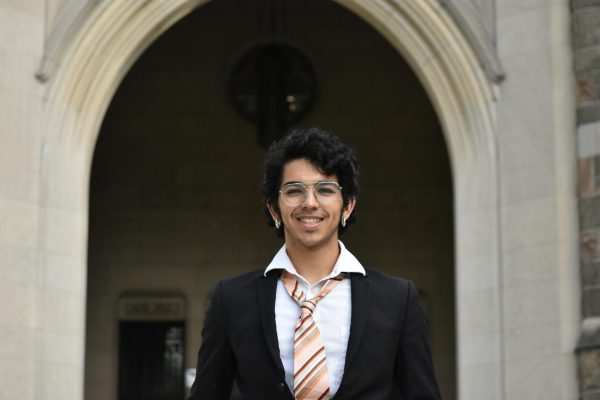
Sebastian Diaz is a senior from Chapel Hill, N. C. who is double majoring in journalism and film. After starting as a news reporter for The Fordham Ram...





































































































































































































